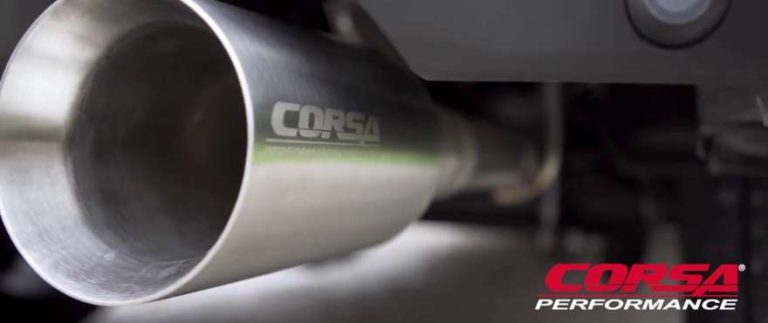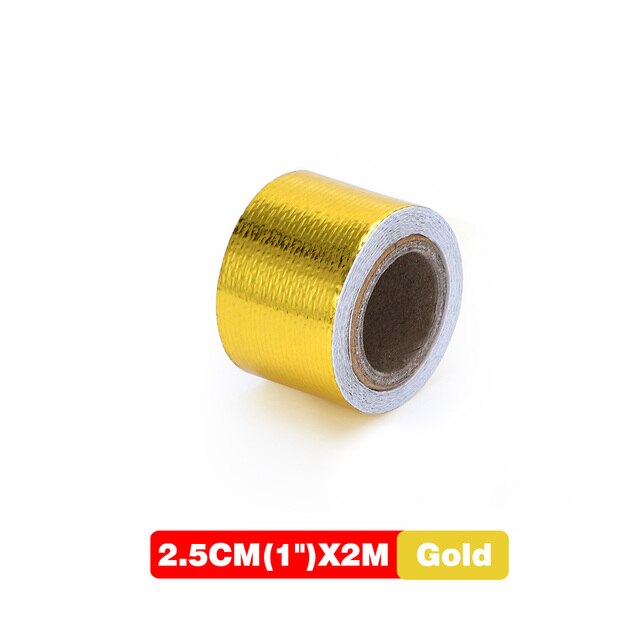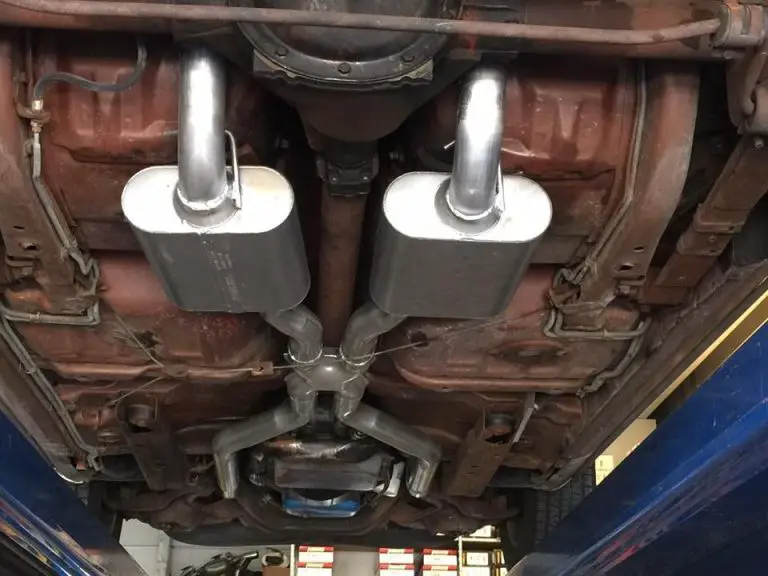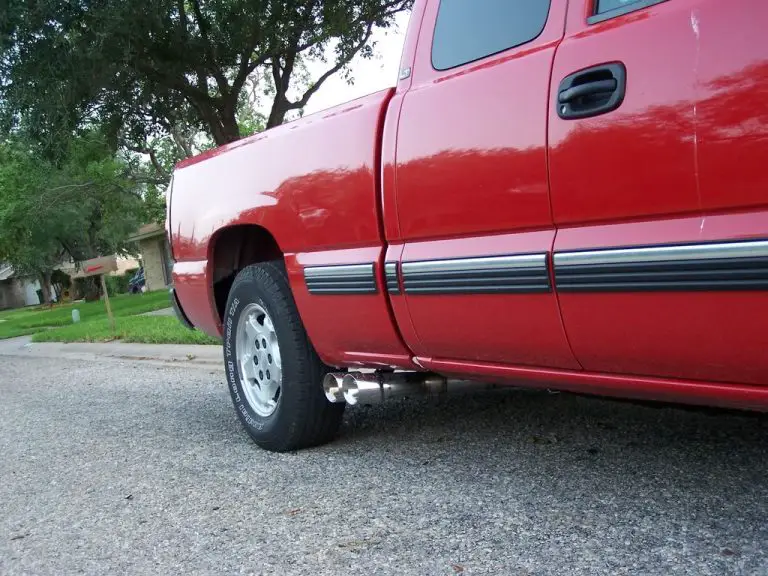State-By-State Exhaust Laws: A Breakdown of Regulations
State-by-state exhaust laws: a breakdown of regulations provides an accurate and concise breakdown of exhaust regulations in each state. This comprehensive guide offers essential information on exhaust laws across the country, making it easy for readers to understand the specific regulations in their state.
It is an invaluable resource for car enthusiasts, ensuring compliance with local laws and avoiding potential penalties. Whether you are looking to modify your vehicle’s exhaust or simply want to learn more about the regulations in your area, this guide is the go-to source for state-specific exhaust laws.

Credit: www.kbb.com
Why Understanding Exhaust Laws Is Essential
Understanding exhaust laws is essential for vehicle owners due to their impact on performance and emissions. Compliance is necessary to avoid penalties. By familiarizing themselves with state-by-state regulations, vehicle owners can ensure that their exhaust systems meet legal requirements. This knowledge is crucial as non-compliant exhaust systems can lead to decreased performance and increased emissions, which can be harmful to the environment.
Additionally, fines and other penalties can be imposed for non-compliance, adding further importance to understanding exhaust laws. Therefore, it is necessary for vehicle owners to stay informed about the exhaust laws in their respective states and ensure their vehicles are compliant to enjoy optimal performance and reduce environmental impact.
Factors Influencing State Exhaust Regulations
Factors influencing state exhaust regulations vary based on federal guidelines, environmental concerns, and local communities. Federal regulations play a crucial role in state laws, impacting their overall framework. Environmental concerns, such as air quality standards, also contribute to exhaust regulations.
States are constantly striving to meet these standards to ensure a cleaner and healthier environment. Additionally, local communities have a significant influence on exhaust regulations, particularly through noise regulations. The noise emitted by vehicles is a crucial consideration for communities, thus shaping state laws accordingly.
By considering these factors, states can maintain a balance between environmental protection, federal guidelines, and the expectations of local communities when it comes to exhaust regulations.
State Classifications: Stringent And Lenient Regulations
The regulations for exhaust systems vary from state to state across the united states. Some states have stringent requirements that vehicles must meet, while others have more lenient regulations. In states with strict exhaust laws, compliance is closely monitored and enforced.
These requirements often include limitations on noise levels, emissions, and the types of modifications that can be made to a vehicle’s exhaust system. On the other hand, states with lenient regulations may have fewer restrictions and may allow for more modifications to the exhaust system.
It is important for vehicle owners to be aware of the specific regulations in their state in order to avoid fines or penalties. Here is an overview of states that have stringent exhaust laws and a list of states with more lenient regulations.
State-By-State Breakdown Of Exhaust Laws
State-by-state breakdown of exhaust laws reveals varying regulations in different regions. In alabama, there are emission standards and requirements as well as noise regulations and muffler laws. Moving on to california, carb regulations and the strictest standards are in place, with unique regulations for modified and aftermarket exhausts.
Florida enforces emission requirements and inspections, along with noise regulations. In new york, there are emission standards and testing procedures, along with noise regulations and penalties. Texas has emission requirements and compliance options, along with noise regulations and enforcement measures.
Lastly, washington has emission standards and inspections, along with noise regulations and decibel limits. These state-specific exhaust laws aim to ensure environmental protection and noise control.
Common Modifications And Exemptions
Each state has its own set of exhaust laws, so it’s essential to understand the regulations in your area. When it comes to common modifications and exemptions, there are specific guidelines to follow. Overview of common exhaust modifications offers insights into what modifications are commonly made and what exemptions may be available.
Understanding these regulations can help you stay within the legal limits when modifying your exhaust. By being aware of the allowable modifications and exemptions, you can ensure compliance and avoid any potential legal issues. So, if you’re thinking about modifying your vehicle’s exhaust system, it’s important to do your research and stay informed about the regulations in your state.
Remember, following the rules is not only crucial for legality but also helps promote a cleaner and quieter environment.
Compliance And Penalties
Compliance with state exhaust laws is crucial to avoid fines and penalties. Violating regulations can have serious consequences. The fines imposed for non-compliance can vary from state to state. To ensure compliance, it is important to familiarize yourself with the specific laws in your state.
Regular maintenance and inspection of your vehicle’s exhaust system are essential. Taking proactive steps like keeping your exhaust system in good condition and using approved parts can help you avoid penalties. If you are unsure about the regulations in your state, consult with a professional or refer to the state’s department of motor vehicles website.
Stay informed and be proactive to avoid the hassles and costs associated with non-compliance with state exhaust laws
Future Trends And Potential Changes
Advancements in technology and emissions standards are driving future trends and potential changes in state exhaust laws. Proposed regulations, if implemented, will have a significant impact on existing regulations. The automotive industry is constantly evolving, and states are keen to keep up with the latest advancements.
As emission regulations become stricter, states may adopt more stringent rules to promote cleaner air and reduce pollution. These changes could include stricter noise limits, mandatory emission testing, or requirements for specific exhaust components. Additionally, states may introduce incentives to encourage the use of electric vehicles as an alternative to traditional combustion engines.
It is essential for drivers to stay updated on the exhaust laws in their state to ensure compliance and avoid penalties. Understanding the potential changes and their impact will help motorists stay on the right side of the law.
Frequently Asked Questions For State-By-State Exhaust Laws: A Breakdown Of Regulations
What Are Exhaust Laws And Why Do They Matter?
Exhaust laws refer to regulations that govern the noise and emissions standards for vehicle exhaust systems. These laws are important as they help ensure environmental protection and promote public safety by minimizing excessive noise and pollution from vehicles.
How Do Exhaust Laws Vary From State To State?
Exhaust laws vary from state to state as each state has its own regulations and standards for noise and emissions levels. Some states have stricter laws with lower noise and emissions limits, while others have more lenient regulations. It is important to be aware of these laws when modifying or purchasing an exhaust system.
Can I Modify My Vehicle’S Exhaust System To Make It Louder?
Modifying your vehicle’s exhaust system to make it louder may not comply with the exhaust laws in your state. Many states have specific noise limits that vehicles must adhere to, and excessively loud exhaust systems can result in fines and penalties.
It is best to check your state’s regulations before making any modifications.
What Happens If My Vehicle’S Exhaust System Doesn’T Meet The Regulations?
If your vehicle’s exhaust system does not meet the regulations set by your state, you may face penalties such as fines, vehicle impoundment, or even driver’s license suspension. It is important to ensure that your exhaust system is compliant with the exhaust laws in your state to avoid any legal consequences.
Are There Any Exceptions To Exhaust Laws?
Some states may have exceptions or allowances for certain vehicles, such as motorcycles and antique vehicles, regarding exhaust laws. These exceptions usually have specific criteria that must be met, such as maintaining a certain decibel level or being used solely for exhibition purposes.
It is essential to check your state’s specific regulations and any exceptions that may apply.
Conclusion
Understanding the state-by-state exhaust laws is crucial for any vehicle owner or enthusiast. The regulations vary significantly from one state to another, and even within different regions of the same state. By familiarizing oneself with these laws, individuals can ensure that their vehicle modifications are compliant, avoiding potential fines and legal issues.
Moreover, knowledge of the exhaust laws enables car enthusiasts to make informed decisions when purchasing aftermarket exhaust systems – guaranteeing that they meet the specific regulations of their state. It is also important to remember that in addition to legal implications, adhering to exhaust regulations benefit the environment by reducing harmful emissions.
Overall, staying up-to-date with the exhaust laws in your state fosters a responsible and sustainable automotive culture. Whether you are a car owner or a passionate gearhead, following these laws not only promotes compliance but also contributes to a cleaner and safer driving experience for everyone.





